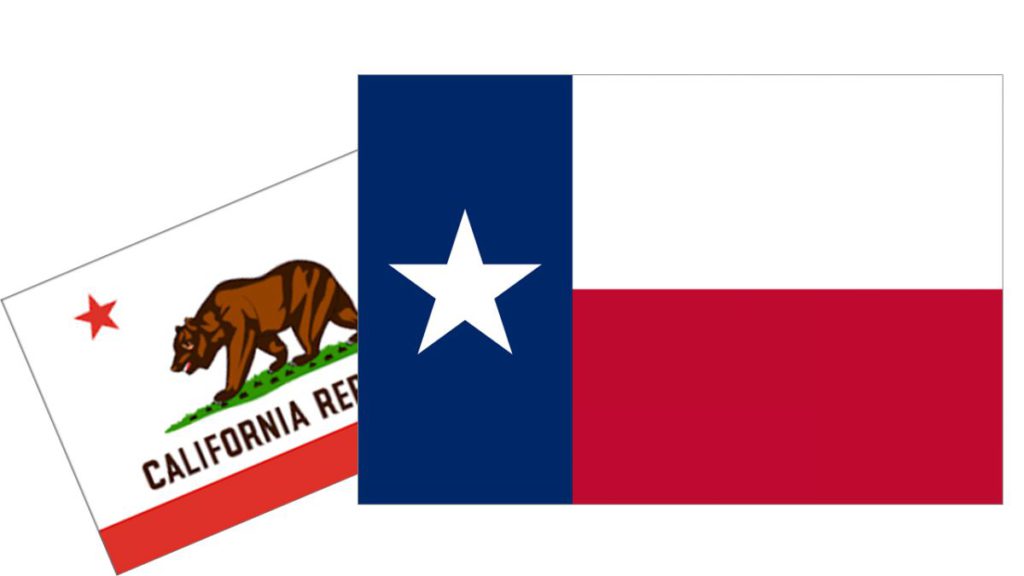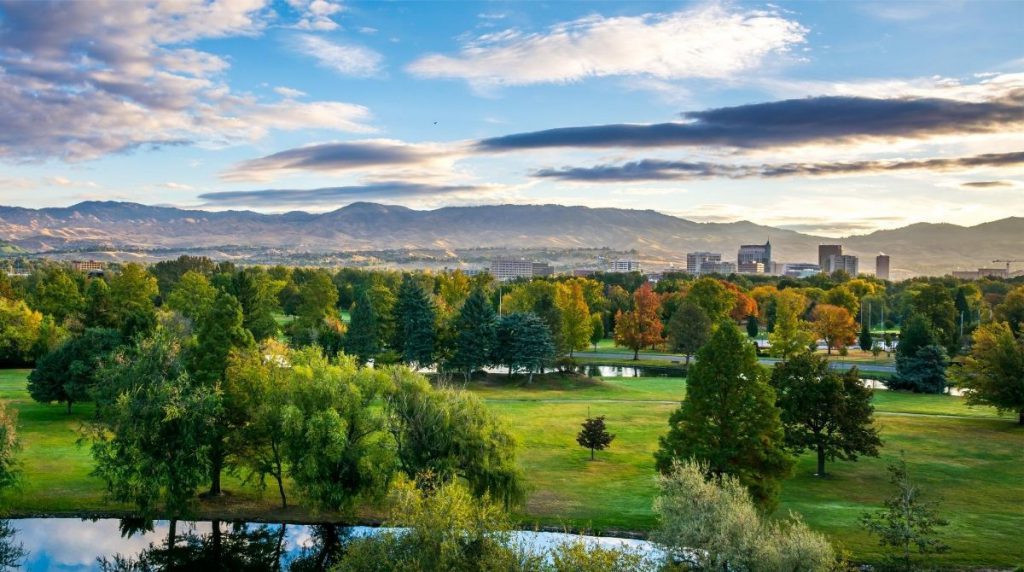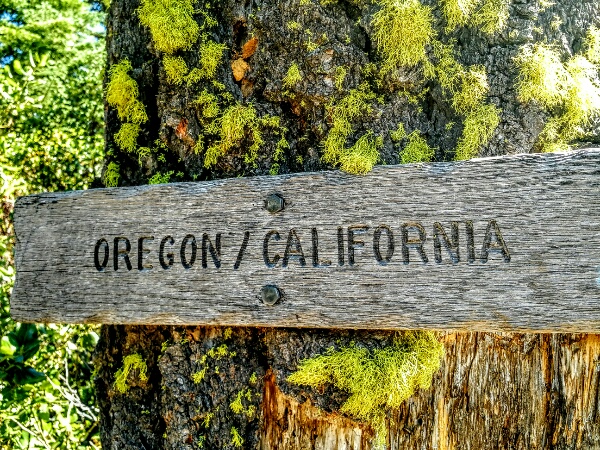Nevada is a western U.S. state defined by its great expanses of desert, and by the 24-hour casinos and entertainment for which its largest city, Las Vegas, is famed. Las Vegas is home to elaborate theme hotels and luxury resorts that line its main thoroughfare, the Las Vegas Strip. The city’s also home to museums such as the Mob Museum, extravagant live shows, and upscale shopping malls and restaurants.
Almost seventy-five percent of Nevada’s kin live in Clark County, which contains the Las Vegas-Paradise metropolitan area where three of the state’s four biggest fused urban communities are located. Nevada’s capital is Carson City.
Nevada is authoritatively known as the “Silver State” as a result of the significance of silver to its history and economy. It is otherwise called the “Fight Born State” since it accomplished statehood amid the Civil War (the words “Fight Born” likewise show up on the state hail); as the “Wise brush State”, for the local plant of a similar name; and as the “Wise hen State”. Nevada fringes Oregon toward the northwest, Idaho toward the upper east, California toward the west, Arizona toward the southeast, and Utah toward the east.
If you’re moving to Nevada, there are a lot of things you’re going to need to know. Luckily, you’ve come to the right place.
Here are a few pros and cons to consider as you make your move to The Silver State:
Nevada is the nation’s leading producer of gold, silver, and mercury. Petroleum, diatomite, and other minerals are also extracted. The state’s manufacturers include gaming machines and products, aerospace equipment, lawn, and garden irrigation devices, and seismic monitoring equipment. Warehousing and trucking are also significant in Nevada industries.
Nevada’s economy, however, is overwhelmingly based on tourism, especially the gambling (legalized in 1931) and resort industries centered in Las Vegas and, to a lesser extent, Reno and Lake Tahoe. Gambling taxes are a primary source of state revenue. The service sector employs about half of Nevada’s workers. Liberal divorce laws made Reno the divorce capital of the world for many years, but similar laws enacted in other states ended this distinction. Much of Nevada (almost 80% of whose land is federally owned) is given over to the military and related use.
Our hardest hit sector remains leisure and hospitality which is Nevada’s largest sector at 23.2 percent of total employment based on Current Employment Statistics (CES) estimates.
Leisure and hospitality are made up of restaurants, bars, golf courses, performing arts, fitness centers, museums, hotels, shows, casinos, etc. While many of these entities have been allowed to re-open, many businesses are still limited by social distancing restrictions to ensure public health. Policy restrictions, along with continued domestic and international travel restrictions to Nevada have restrained the recovery in this industry.
Public transit in Nevada consists of urban, small urban, and rural transportation providers. Metropolitan Planning Organizations (MPO), provide transit services in large and small urbanized areas with populations of 50,000 or more. Smaller local public bodies or human service organizations provide public transit in rural areas.
There are four MPOs in Nevada; the Regional Transportation Commission of Southern Nevada (Las Vegas), the Regional Transportation Commission of Washoe County (Reno), the Carson Area Metropolitan Planning Organization (Carson City), and the Tahoe Regional Planning Agency (Lake Tahoe Basin).
Local public bodies and private nonprofit organizations provide transit services in rural and small urbanized areas with populations less than 50,000.
We discovered that whether it’s hip millennial cities like Reno, family-oriented cities like Sparks, or great places to retire to like Henderson, Nevada has plenty of affordable places to live for every stage of life and every budget. And that’s a good thing because the less you spend on your cost of living, the more you’ll have to spend on the fun things to do and see in the Sagebrush State.
In Nevada, you can enjoy a reasonably low cost of living. While the average price of a home is $275,000, a great deal more than the average home price in the United States as a whole, it’s very reasonable when compared to other states out west like Utah, for example, at $338,000. And, if you aren’t looking to buy a home, you’re in luck because apartment rent there is extremely reasonable. A one bedroom in Nevada comes in at $783. To give you an idea of how cheap this is… the average rent in the United States as a whole is $930.
Also, Some places to live in Nevada include Reno, Henderson, and Paradise. Beyond the many casinos that Nevada is known for, the state offers beautiful natural areas such as Lake Mead, Cathedral Gorge State Park, and Lake Tahoe. Tourism, mining, and cattle ranching anchor the economy in Nevada.
A salary of $38,104 in Reno, Nevada could decrease to $36,618 in Las Vegas, Nevada.
Moving is one of the most exciting and overwhelming events in our lives. While there are many moving companies and various different resources to choose from, there is only one Real Movers. If you are in the process of planning a long-distance move, and you are looking for a moving company you can trust, Real Movers is your perfect choice.















